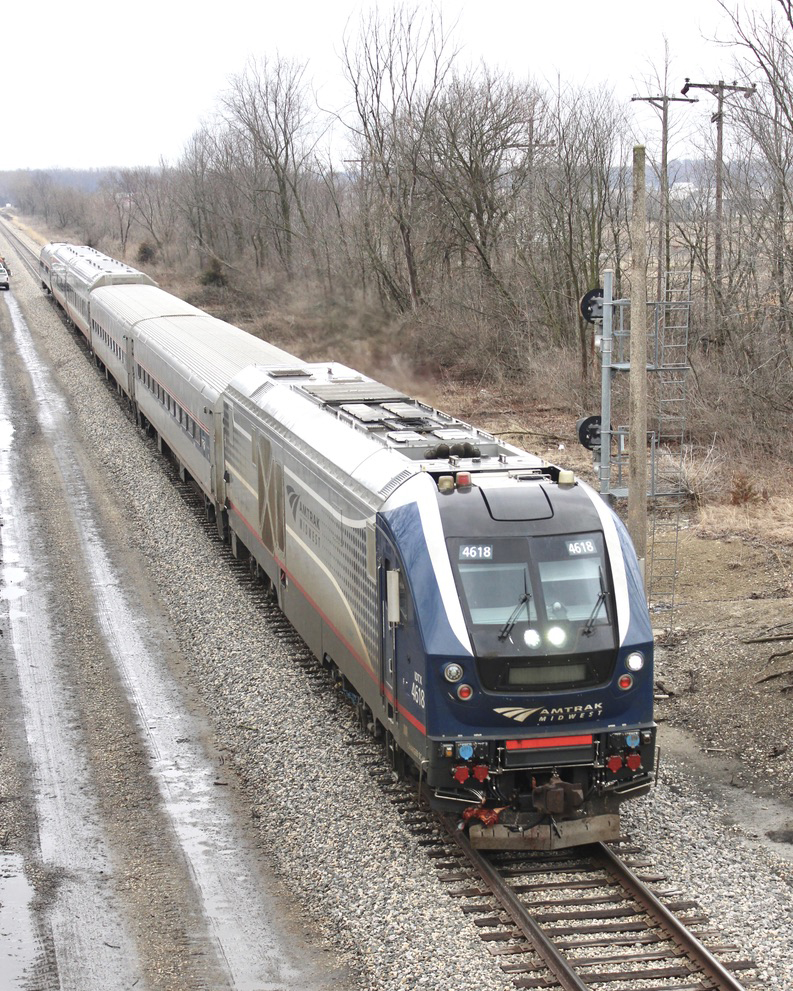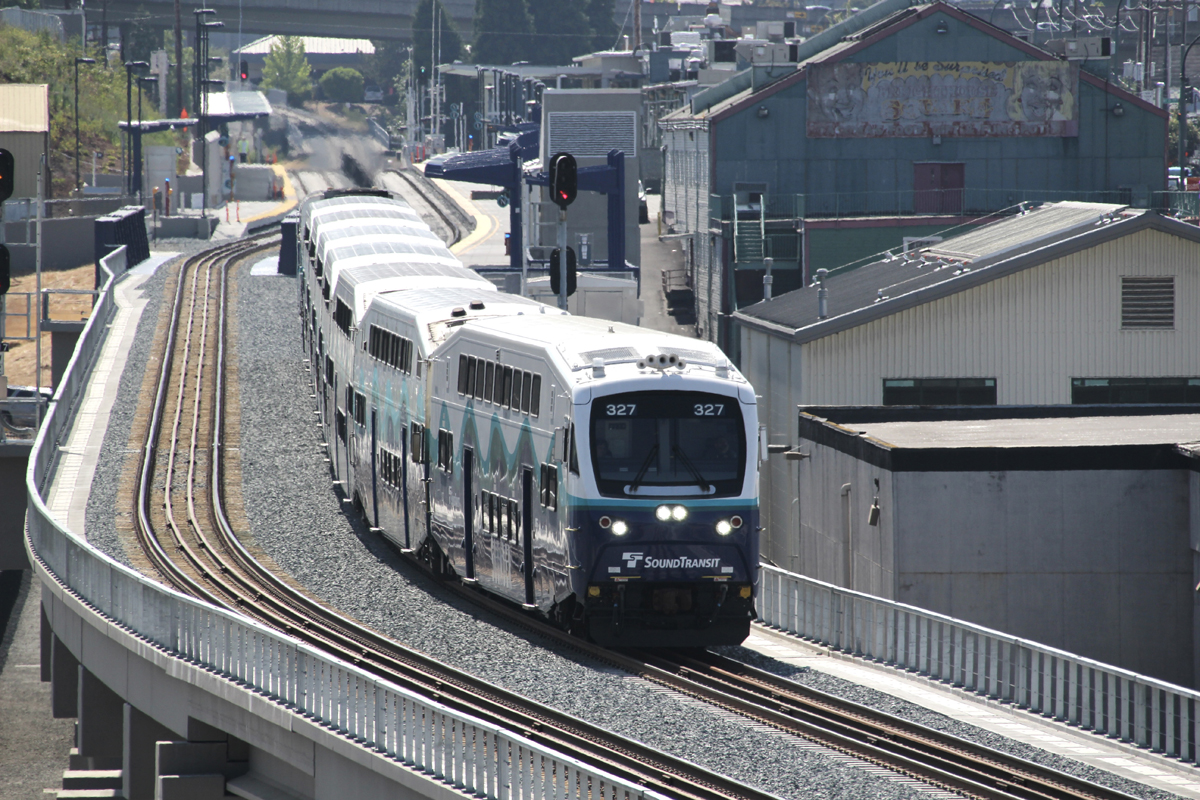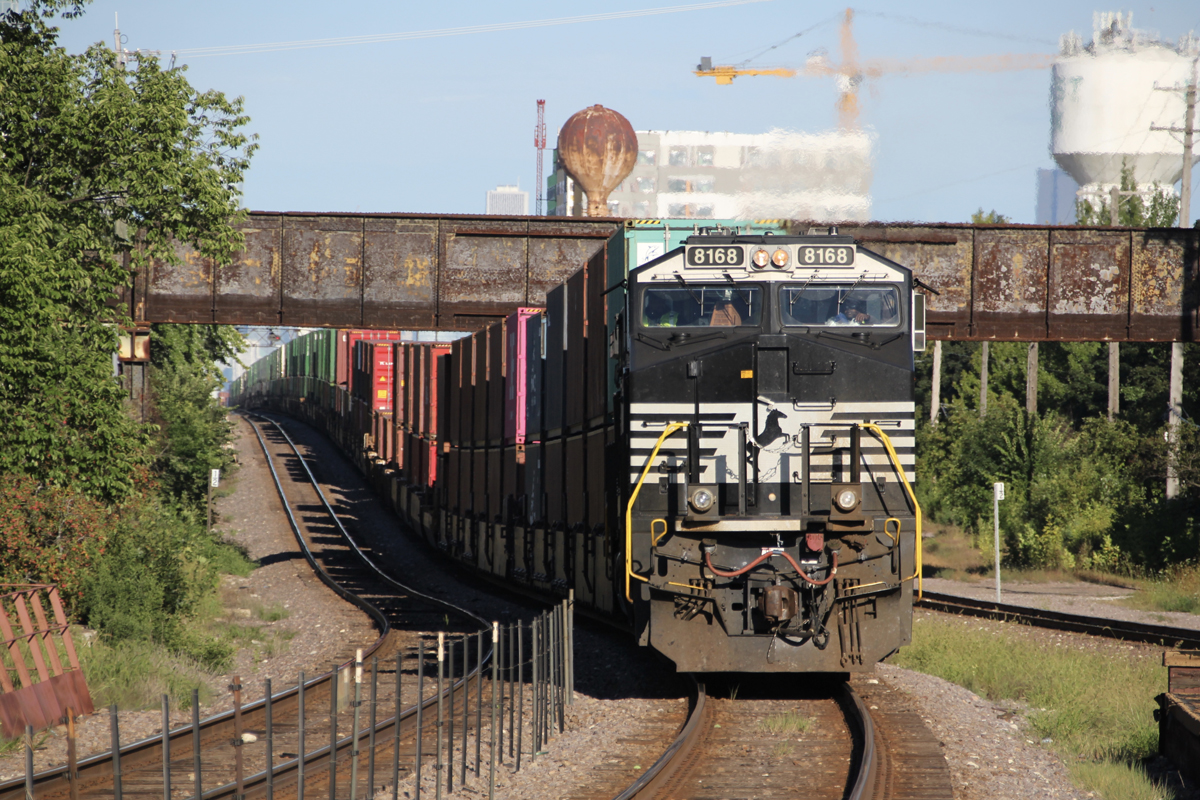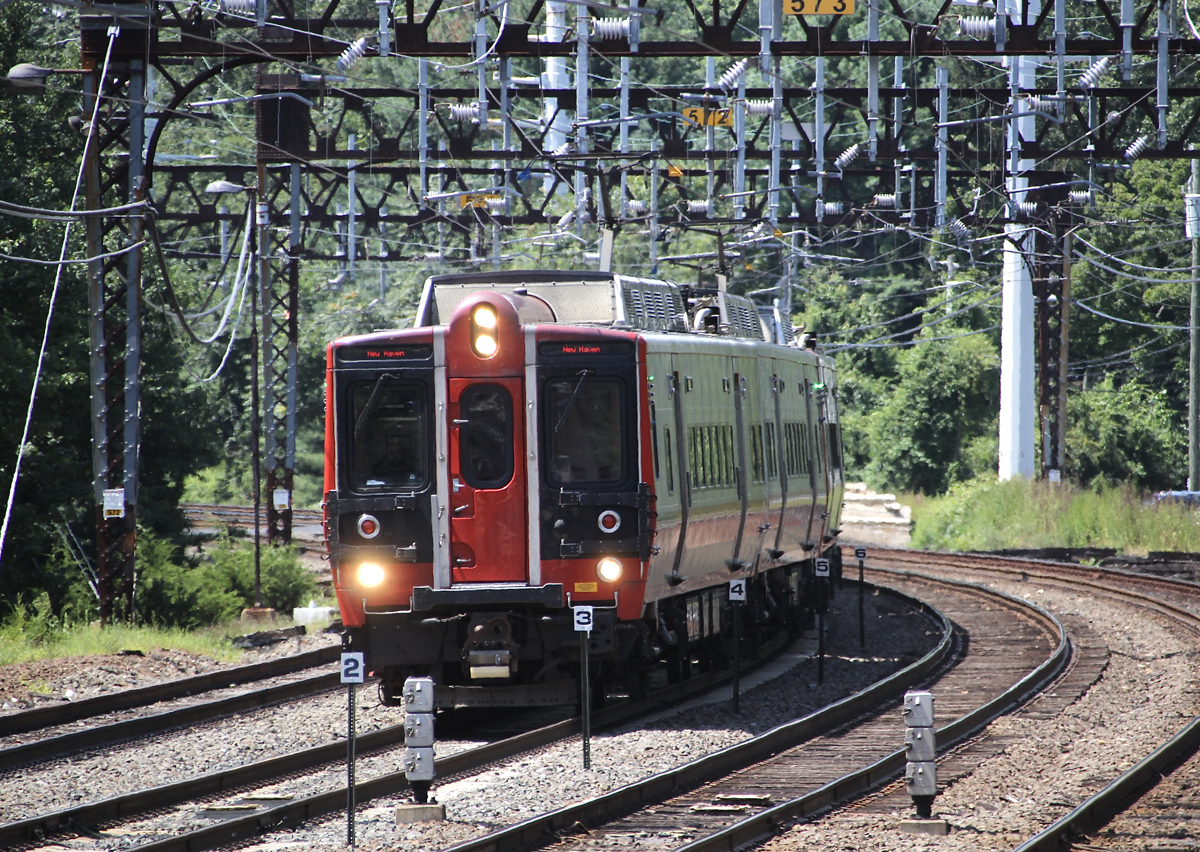CHICAGO — Amtrak trains on some routes are experiencing cancellations or delays today (Friday, March 24) as a result of a nationwide server issue that is keeping the positive train control initialization process from taking place.

“It is a back-office issue, and we have been working with our [PTC] vendor to resolve it,” Amtrak spokesman Marc Magliari tells Trains News Wire. Many, but not all, routes have been affected, including some Northeast Corridor trains.
Federal safety regulations require a separate PTC initialization to take place before engineers and conductors leave a terminal. This includes departures from intermediate crew-change stops. Communications failures periodically occur on specific routes, but not to the extent that appears to be happening now.
Trains can be individually cleared to operate at slower speeds without PTC initialization, but this procedure must be authorized by the dispatcher of an individual route.
Server issues were first reported on Thursday evening on an unnamed host railroad, according to the Amtrak Alerts Twitter feed but the problem surfaced again Friday and became more widespread.
In Michigan, two westbound morning trains operated into Chicago with minimal delays, but westbound Wolverine No. 353 and eastbound train No. 350 were stopped on either side of Battle Creek, Mich., for an extended period. This is where Canadian National controls about a mile of track over which the Amtrak trains operate. As a result, eastbound afternoon no. 352 and evening westbound no. 355 have been cancelled.
Two Chicago-Milwaukee Hiawatha midday round trips have also been annulled, as was the morning Chicago-Quincy, Ill., eastbound Illinois Zephyr and westbound Carl Sandburg.














Looks like # 7 cancelled tonight due to server issue. PTC adds another complication to equipment that is already complicated due to the extensive use of computers and electronics on todays locomotives.
Looking at Chicago at 1901 CDT 3/24/23 on Transit Docs it appears that not much is moving on Amtrak. #5 is approaching Plano 3hrs 55minutes late. #3 has apparently just departed Union Station 3hrs 47 minutes late. I do not see any Michigan trains running.
Yes you can run without PTC when permitted or instructed. Normal it would be when some part of the system is being upgraded and has to be disabled to effect that upgrade. But of course failures do occur…so you get told to run without it over the lines where it won’t work. If you are going on duty that instruction will be in your orders…either “do not initialize” or “PTC will cut itself out from MP to MP. when train is completely clear of those limits cut back in or reinitialize as necessary”
When PTC was being developed, some said that wayside signals are now obsolete and wanted to remove them. Wiser heads prevailed and wayside signals were modernized with LED lights and made compatible with PTC. It is good now to have the “unnecessary” wayside signals to run with. I would presume this means a 79 MPH maximum on signal indication only. Otherwise, it would be “dark” railroad at best and nowhere near as safe.
Amtrak needs to make it easy for the engineer and conductor to get authorization to operate over a route if PTC fails. A delayed train is better than no train. I was on a SEPTA commuter train one day where the crew reported a PTC failure and they got radio permission to proceed relatively quickly. I don’t remember if we were on SEPTA owned track or on a freight railroad track but they at least had a timely method to keep the train moving. Unless track wayside signals are not working I don’t see why Amtrak can’t find a way to continue to operate a train safely rather than cancel service.
SEPTA uses ACSES/CSS PTC, not I-ETMS PTC. If your train was not operating on Amtrak (most ex-PRR track except Media-Wawa and approaches to 30th St Upper Level to Suburban) , most likely it was operating on SEPTA-owned track (most ex-RDG track, Airport and above exceptions).
This relates to the I-ETMS PTC system in operation over the freight roads. Amtrak’s I-ETMS Back Office is located in Annapolis MD, formerly ARINC, now Rockwell Collins. It has no effect on the NEC, which is controlled by their proprietary ACSES PTC system.
So there’s no protocol to operate by train order when signals go down?
Atlas shrugged.
“Trains can be individually cleared to operate at slower speeds without PTC initialization, but this procedure must be authorized by the dispatcher of an individual route.”
This procedure requires the crew to cut-out whatever system is being used to satisfy PTC requirements and run directly under dispatcher directions.